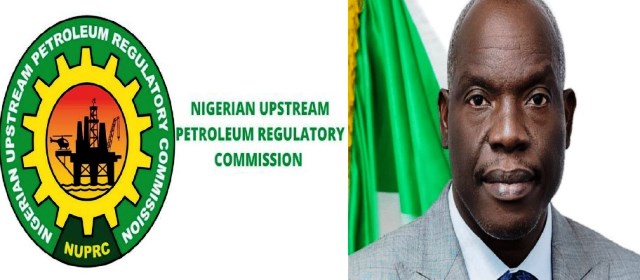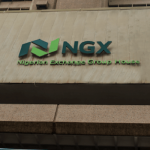In a financial tale of two currencies, the US dollar stood tall, reaching a 10-month zenith against a basket of major counterparts, while Nigeria’s naira plummeted to an all-time low on the black market.
This stark contrast unfolded as investors dissected upbeat economic indicators from the United States and listened closely to the latest pronouncements from Federal Reserve officials.
Join our WhatsApp ChannelDuring the early hours of Thursday, Nigeria’s national currency, the naira, was reported to have traded above 1,000 naira per US dollar on the black market. This unprecedented fall was primarily attributed to speculative fervor, with individuals flocking to the dollar as a safe haven to preserve their wealth.
The naira’s woes on the black market have been exacerbated by the diversion of speculative activities and excessive demand away from the official market. This shift has further widened the gap between the official and informal markets, especially after the removal of currency exchange restrictions in June.
Forex traders in Nigeria’s parallel market have lamented the central bank’s lack of intervention in recent weeks, leaving businesses and individuals to source their foreign currency needs on the black market. Nigeria’s persistent shortage of foreign currency has deepened these woes.
READ ALSO: Forex Transactions Decline By $89.61 Million As Dollar Rate Surges
Finance Minister Wale Edun recently attributed the currency’s weakness to the central bank’s outstanding debt of approximately $6.8 billion in the foreign exchange market. Mr. Yemi Cardoso, the new chief of the Central Bank of Nigeria (CBN), has pledged to make clearing this backlog a top priority.
Government officials are striving to attract liquidity from foreign investors who remain cautious about investing in Nigeria. A planned oil-for-dollar loan program, which would have injected $3 billion into the state oil company through the African Export-Import Bank (Afrexim), has yet to materialize.
Meanwhile, the US dollar index, measuring the dollar against major global currencies, has surged to 106.70, hovering close to an overnight peak of 106.84, a level last seen in November of the previous year.
The euro and the British pound, on the other hand, have struggled to rebound from recent multi-month lows, prompted by hawkish comments from Federal Reserve officials hinting at another interest rate hike.
Concerns have also been raised about the $134 billion in new government debt sales this week and the looming risk of a US government shutdown, factors that have made investors uneasy about the stock market.
The slide of global stock indexes below critical technical support levels, occurring during a traditionally weaker market season, suggests potential further declines. In the United States, new home sales have taken a hit due to rapidly rising interest rates, experiencing their most significant drop in 11 months.
Minneapolis Federal Reserve Bank President Neel Kashkari is among the Fed representatives cautioning the markets about the possibility of additional interest rate hikes.
He stated on Wednesday that there is mounting evidence of current economic strength, implying that further tightening could be on the horizon.
Market watchers eagerly await Federal Reserve Chairman Jerome Powell’s upcoming remarks, which are expected to provide more clarity on the future direction of US monetary policy.
Additionally, Australian retail sales data, slated for release later today, will be closely scrutinized for its potential impact on the global financial landscape.
Emmanuel Ochayi is a journalist. He is a graduate of the University of Lagos, School of first choice and the nations pride. Emmanuel is keen on exploring writing angles in different areas, including Business, climate change, politics, Education, and others.

















Follow Us